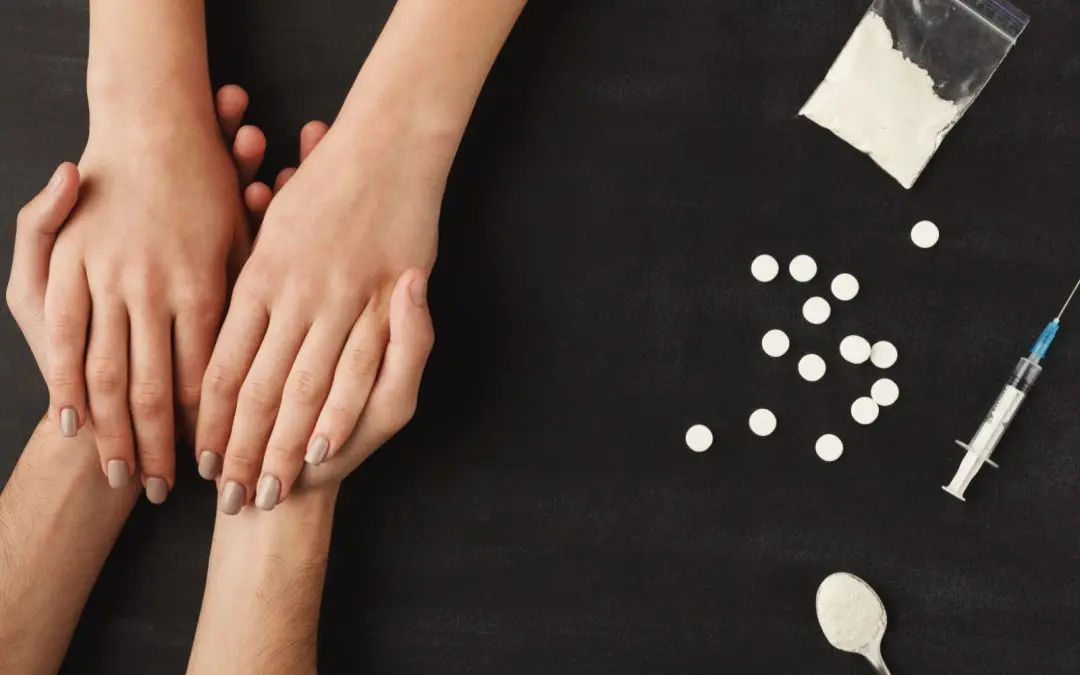24/7 Helpline:
(866) 899-221924/7 Helpline:
(866) 899-2219
Learn more about Opiate Detox centers in Loves Park
Opiate Detox in Other Cities

Other Insurance Options

Amerigroup

Ceridian

Health Choice

Magellan
Beacon

Regence

Private insurance

WellCare Health Plans

Premera

BHS | Behavioral Health Systems

ComPsych

Highmark

Medical Mutual of Ohio

Choice Care Network

MVP Healthcare

AllWell

Magellan Health

EmblemHealth

Optum

MHNNet Behavioral Health
















AA – Alcoholics Anonymous
AA – Alcoholics Anonymous is a non-profit rehab located in Loves Park, Illinois. AA – Alcoholics Ano...

Changes Place
Changes Place is a private rehab located in Loves Park, IL. Changes Place specializes in the treatme...










